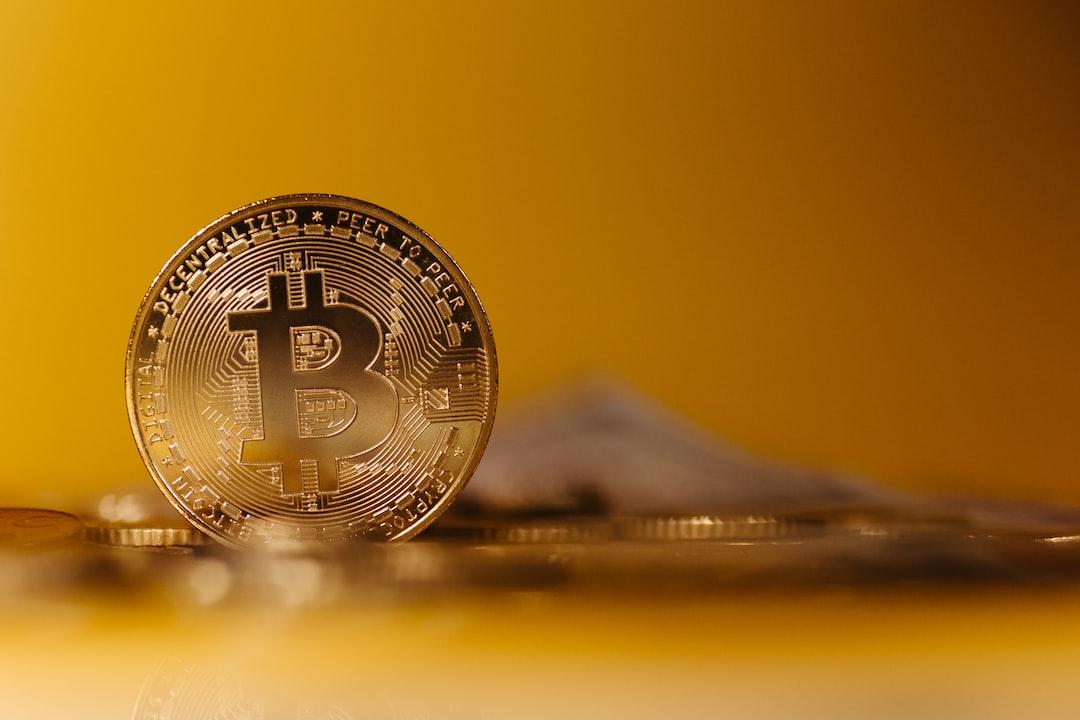KlimaDAO Japan is set to launch a brand new carbon credits marketplace called KlimaDAO Japan Market. In collaboration with the Progmat stablecoin platform, they aim to explore the trading of carbon credits using a Progmat stablecoin, with the potential for global expansion in the future.
KlimaDAO, an autonomous organization dedicated to combating climate change, envisions the KlimaDAO Japan Market eventually facilitating the trading of J-Credits carbon credits, which were introduced on the Tokyo Stock Exchange in October. According to a statement, trading may gradually expand to a global scale on Carbonmark, where KlimaDAO is already active.
Currently, J-Credit trading volumes remain relatively limited. The statement reveals that the international carbon credits market is valued at $2.9 billion, with only $288.1 million accounting for voluntary credits. However, the statement predicts that the global market could reach $172.9 billion by 2030, with Japan contributing $1.9 billion to that total.
Progmat was established with the support of a consortium of banks led by Mitsubishi UFJ Financial Group (MUFG), Japan’s largest bank. KlimaDAO will settle trades using the yen-pegged JPYC coin, which will be traded on infrastructure provided by Optage, a telecommunications company operating in the Kansai region.
The partners have entered the second phase of their study, having completed the necessary groundwork by April. JPYC will now be registered as an electronic payment method, and Mitsubishi UFJ is preparing to act as the coin trustee. The completion of Phase 2 is expected by the end of the year, enabling the commencement of services. Integration with Carbonmark will also begin during this phase.
Phase 3 will involve the initiation of overseas trading and the provision of support for financial institutions and companies to develop their own marketplaces.
In September, Binance and MUFG announced a joint study to explore the use of Progmat for the issuance of yen-pegged stablecoin and other types of stablecoin. This became possible due to regulations implemented in Japan in June.
Notably, billionaire Mark Cuban is among the backers of KlimaDAO. The permissionless protocol operates on the Polygon network, which has committed to becoming carbon neutral in 2022.
In conclusion, blockchain technology has the potential to revolutionize carbon credit trading and contribute to the global effort of combating climate change.

